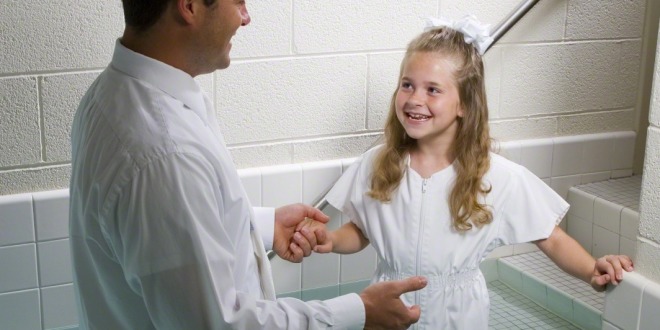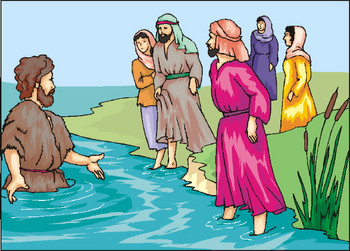Question
Hi Gramps,
I have read through all your questions about baptism into The Church of Jesus Christ of Latter-day Saints and can’t find the answer to this question. Where is the Policy Statement about restricting baptism to a person convicted of a crime and is currently on parole found? Also the question: is there any scriptural citations showing restricting the blessings of baptism to anyone who is repentant and is willing to keep the commandments?
Marvin
Answer
Dear Marvin,
Thank you for your question. It’s one that effects many people and one that we haven’t answered before.
Before I go into your question, I want to say how inspiring it is when someone gets on the right track and wants to follow Christ after some difficult circumstances in their life. All of us make mistakes, and sometimes we make very serious ones. Thankfully, Christ and our Heavenly Father are very forgiving, and the heavens rejoice when a repentant sinner calls out to their name for forgiveness.
Scripture is a funny thing. At the time that the Book of Mormon and bible were written, the justice systems were vastly different than what we think of today. The term “parole” didn’t really exist. The blunt, uncomfortable truth is that most crime was dealt with much more harshly and severely back then than it is today. So finding a scripture reference about this situation in particular is a bit of a challenge.
However, there are plenty of scripture references about forgiveness of people who have committed grave crimes. Perhaps the most famous is that of Saul, who persecuted and even killed Christians right after the time of Christ. In Acts 8:1, it references that Saul of Tarsus was “Acting and consenting in the death of St. Stephen”. St. Stephen is thought of as among first of the Christian martyrs. After the martyrdom of St. Stephen, Saul saw a vision of Jesus on the road to Damascus and became Paul of Tarsus. He is considered by many theologians to have had great influence in the spread of Christianity, and even after persecuting Christians he became an ardent believer in Christ. So no matter what one has done, salvation is still possible.
LDS believe that our Heavenly Father has given our leaders the power and authority (keys) to run His Church. Therefore, we place great trust in their hands. The prophets and apostles have given us rules and instructions on how to operate the church in this world. Specifically, baptismal keys are held by bishops and mission presidents, who have been given guidance for determining a baptismal candidate’s worthiness. In the case of converts, the mission president delegates judgment in many worthiness matters (such as faith in Christ, a testimony of modern prophets, and so forth), but reserves for himself judgment with issues related to the following standard questions: “Have you ever committed a serious crime? If so, are you now on probation or parole? Have you ever participated in an abortion? Have you ever committed a homosexual transgression?”
Any additional guidance for the mission president (in the case of converts) or the bishop (in the case of excommunicated members returning to fellowship) would be found in the Church Handbook of Instruction they were given when they received their callings.
I hope this helps to answer your question.
Gramps







